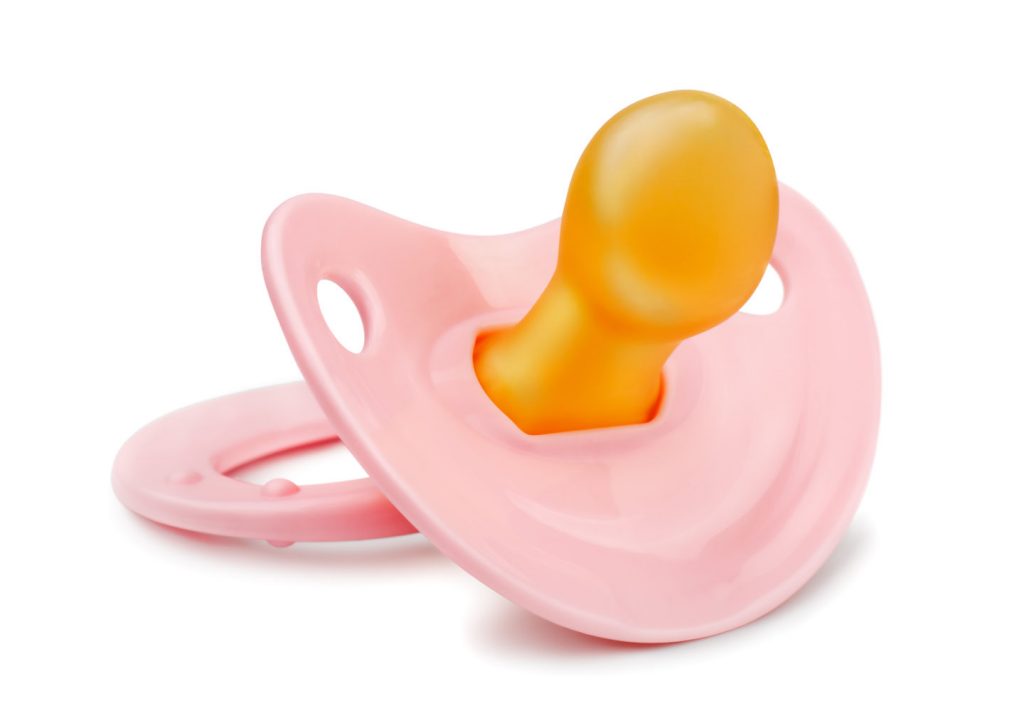
Parenting small children can be tough. Dr Foong from IMC Katong outlines a few pointers to help guide parents through some of the common challenges.
Why do babies cry?
It’s a baby’s form of expression. The common causes are hunger, a dirty nappy, too hot/cold, needs to sleep/ too much stimulation, needs to burp, wants to be held, not feeling well.
Babies love a cuddle. They spent 9 months curled up in a temperature controlled environment where all parameters are always constant and they are never hungry. To arrive in this world and be expected to sleep in a cot can be a rude shock. They derive comfort from cuddles from Mummy and Daddy, and their parents’ voices are probably the most familiar to them from their time in the womb.
Should I use a dummy/pacifier?
Evidence shows that babies should learn to self soothe and dummies should not be used at the outset as a substitute. If dummies are used, it is advisable to consider weaning the dummy  from the age of 1. There is also a role for dummies in premature babies to develop their oro-motor skills which are paramount with future speech development.
from the age of 1. There is also a role for dummies in premature babies to develop their oro-motor skills which are paramount with future speech development.
Should I use baby devices eg. walkers/ jumperoos?
Honing motor skills play an important role in the psychological and emotional development of a child in the long term. Baby devices can cause atypical walking patterns, can cause serious injuries if they trip over in the device and the child might develop a dependence on the device.
Are flash cards beneficial?
Studies have shown in an under 18 month old child that it makes no difference in their cognitive outcome in the long term. Talk to your child instead and try to have ‘grown-up’ conversations with them. This not only enables you to bond, but they learn to recognise speech patterns from these conversations. Lean away from didactic methods such as flash cards, and just mutter away about your everyday activities and things you see around you.
Screen time for little ones?
Not recommended under the age of 2. The change in the digital age mean that a lot of formal learning at an older age takes place on a hand held device. There are separate recommendations for  that situation, so it does not mean a no-no for the younger child, just sensible and managed exposure.
that situation, so it does not mean a no-no for the younger child, just sensible and managed exposure.
What is free play?
Time to run around, play and explore the environment is very important. This allows the child to explore and learn about the world, about themselves and about others. This does not need to be in
the form of a formal class, playgroup, and activity groups, although the advantage of these classes is that it gives some structure to the day, and allows parents to meet other new parents and have adult interaction and support. Children need to be allowed to be children and not over structure their exploration and play time.
The team of doctors at IMC can discuss parenting tips and conduct childhood developmental assessments. At these visits, we can also discuss vaccinations programmes tailored to your country of origin/ residence and travel plans.
 Dr Foong, MBBS (London, UK), MRCGP (UK), Dip Pract Derm (UK)
Dr Foong, MBBS (London, UK), MRCGP (UK), Dip Pract Derm (UK)
IMC Katong. Tel: 6342 4440

































